Written by: Lydia on THURSDAY, NOV 2, 2023
It’s not uncommon for students in competitive activities like dance to be disappointed or frustrated when they don’t achieve the results they desire. As a coach, you play a crucial role in helping them navigate these emotions and maintain a healthy perspective. Here are some strategies to address this challenge:
Open Communication: Encourage open and honest communication with your students. Let them express their feelings and frustrations without judgment. Active listening can go a long way in making them feel heard and understood.
Celebrate Effort and Progress: Emphasize that competitions are just one aspect of their dance journey. Celebrate their effort, hard work, and progress, irrespective of competition outcomes. Recognizing their growth can boost their self-esteem.
Set Realistic Expectations: Help your students set realistic expectations for competitions. Winning is not always guaranteed, and many factors influence results. Encourage them to focus on personal goals and performance rather than external validation.
Mental Resilience Training: Offer mental resilience training or recommend a mental performance coach who can work with students on handling competition stress, disappointments, and setbacks.
Perspective on Improvement: Remind your students that winning isn’t the only way to measure success. Improvement, learning from experiences, and enjoying the process are equally important. Help them see the long-term benefits of dedication to their craft.
Analyse Performances: After competitions, engage in a constructive analysis of their performances. Highlight what went well and what areas need improvement. This approach can turn losses into valuable learning opportunities.
Diversity of Judges: Explain that competition outcomes can be subjective, as they are influenced by judges’ preferences and opinions. Winning one competition doesn’t guarantee winning another, and vice versa.
Foster a Supportive Environment: Create a supportive and nurturing environment within your dance studio or academy. Encourage students to support each other and foster a sense of camaraderie rather than excessive rivalry.
Maintain a Growth Mindset: Instill a growth mindset in your students, where they see challenges and failures as opportunities for growth rather than as indicators of their worth.
Consistency and Patience: Reinforce the importance of consistency and patience in skill development. Winning takes time, and not winning today doesn’t mean they won’t win in the future.
Highlight Inspirational Stories: Share stories of famous dancers who faced setbacks in their careers but continued to improve and achieve success. This can be motivating.
Encourage Resilience: Teach resilience as a valuable life skill. Explain that the ability to bounce back from disappointments will serve them well in dance and other areas of life.
Remember, it may take time for some students to fully embrace these perspectives. As a coach, your role is not only to teach dance skills but also to mentor your students in managing their emotions, setting realistic expectations, and fostering a love for the art of dance that goes beyond competition results.



